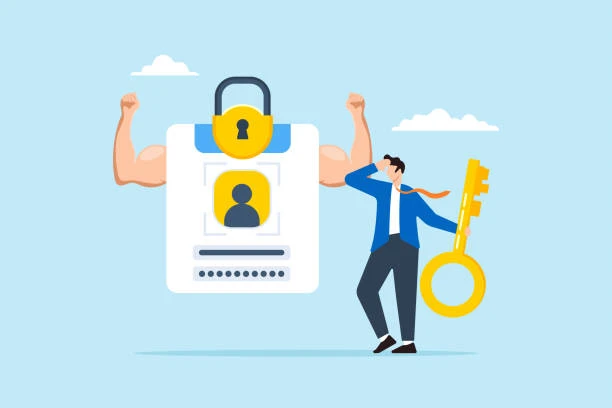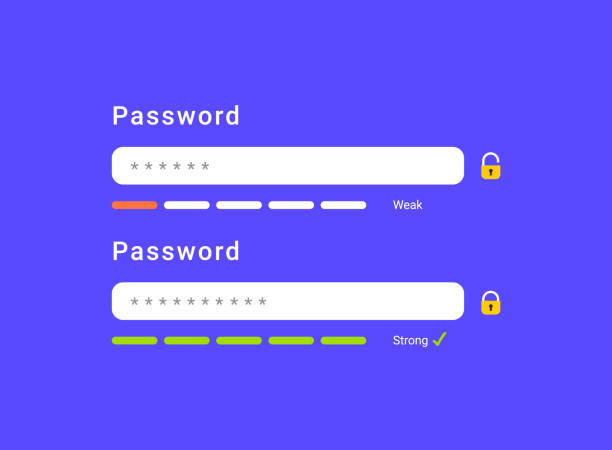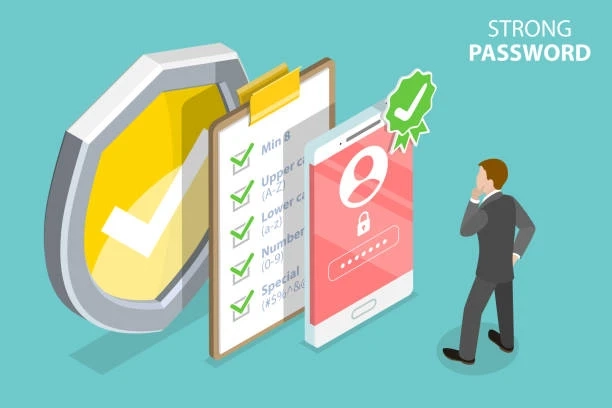You know the risks of reusing passwords all too well. One breach can compromise multiple accounts, exposing your personal information. Strong password generators offer a solution by creating unique, complex passwords tailored for each login. They mix letters, numbers, and symbols, making them hard to crack. But what exactly makes these generators superior? Understanding their mechanics and benefits can greatly impact your online security. Let's explore this vital topic further.
Dangers of Reusing Passwords

While it may seem convenient to reuse passwords across multiple accounts, this practice greatly heightens your vulnerability to cyberattacks. If one account gets compromised, attackers can easily access your other accounts using the same password. A strong password should be unique, complex, and difficult to guess, yet many users opt for simplicity.
In this digital age, relying on a random password generator can eliminate the risks associated with reused passwords. These tools create strong, unpredictable passwords that enhance your security. By adopting unique passwords for each service, you considerably reduce the risk of a domino effect in case of a breach. Prioritizing this practice is essential for safeguarding your online presence and personal information. Don’t underestimate the importance of strong, individualized passwords.
How Strong Password Generators Work?
Strong password generators operate by employing algorithms that create complex, random combinations of characters, making it nearly impossible for attackers to guess or crack them. These tools typically use a mix of uppercase and lowercase letters, numbers, and special symbols, ensuring that the generated passwords meet various security criteria. When you use a very strong password generator, you minimize the risk of predictable patterns or common phrases, which are often exploited by cybercriminals.
Additionally, many generators allow you to customize length and complexity, further enhancing security. By relying on these generators to create and store unique passwords for each account, you can effectively manage your online security and generate strong passwords that protect your sensitive information from unauthorized access.
Benefits of Unique Passwords

Using unique passwords for each of your accounts greatly enhances your security posture, as it limits the potential damage from a data breach. When you use a strong random password generator, you create complex passwords that are difficult for attackers to guess. If one account is compromised, unique passwords guarantee that your other accounts remain secure, minimizing overall risk.
This approach also helps mitigate the impact of credential stuffing attacks, where hackers exploit reused passwords across multiple sites. By relying on a password generator strong in character diversity and length, you bolster your defenses. Ultimately, unique passwords not only protect your personal information but also maintain the integrity of your online presence, allowing you to navigate the digital landscape with confidence.
Best Practices for Password Management
To effectively manage your passwords, adopt best practices that enhance both security and usability. First, always use a reliable password generator to create complex, unique passwords for each account. Avoid reusing passwords, as this increases vulnerability. Consider utilizing an online password generator, which can help you create strong passwords effortlessly.
Additionally, implement a password manager to store and organize your credentials securely. This tool can autofill passwords and generate new ones when needed. Regularly update your passwords, especially for sensitive accounts, and enable two-factor authentication whenever possible. By following these practices, you’ll greatly reduce your risk of unauthorized access and keep your digital life secure. Prioritizing password management is vital in today’s online environment.
Conclusion
In conclusion, strong password generators greatly enhance your online security by creating unique, complex passwords that reduce the risk of breaches. For instance, consider a hypothetical user, Sarah, who reuses passwords across her accounts. When one gets hacked, all her information is compromised. By switching to a password generator, she secures each account individually, protecting her data from cascading failures. Embracing unique passwords not only safeguards your identity but also fortifies your defenses against cyber threats.




